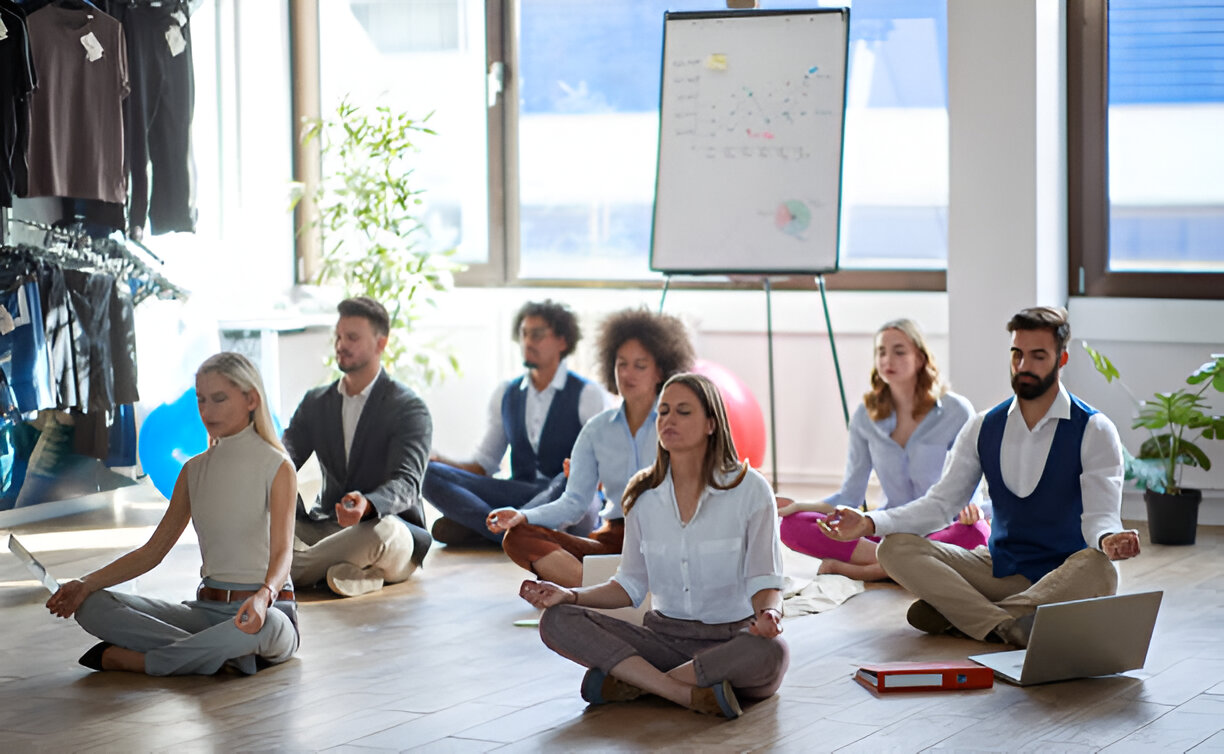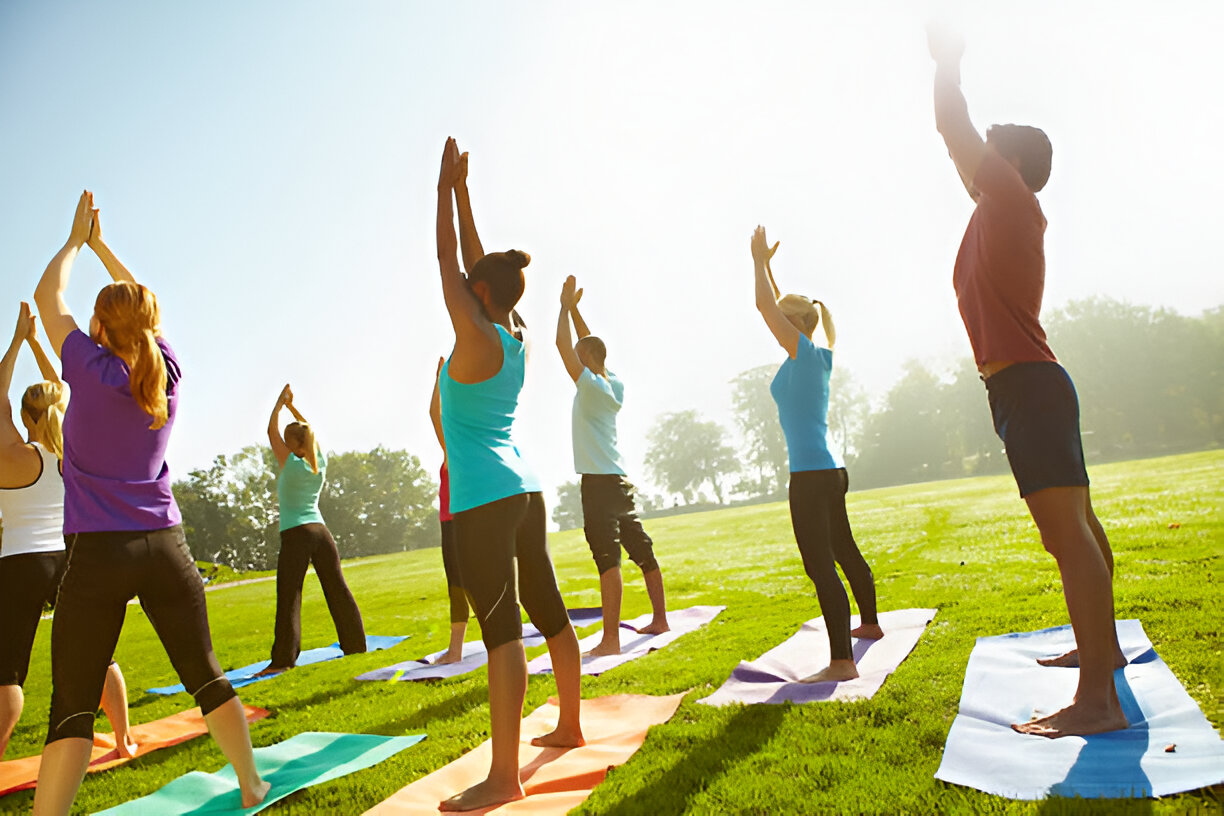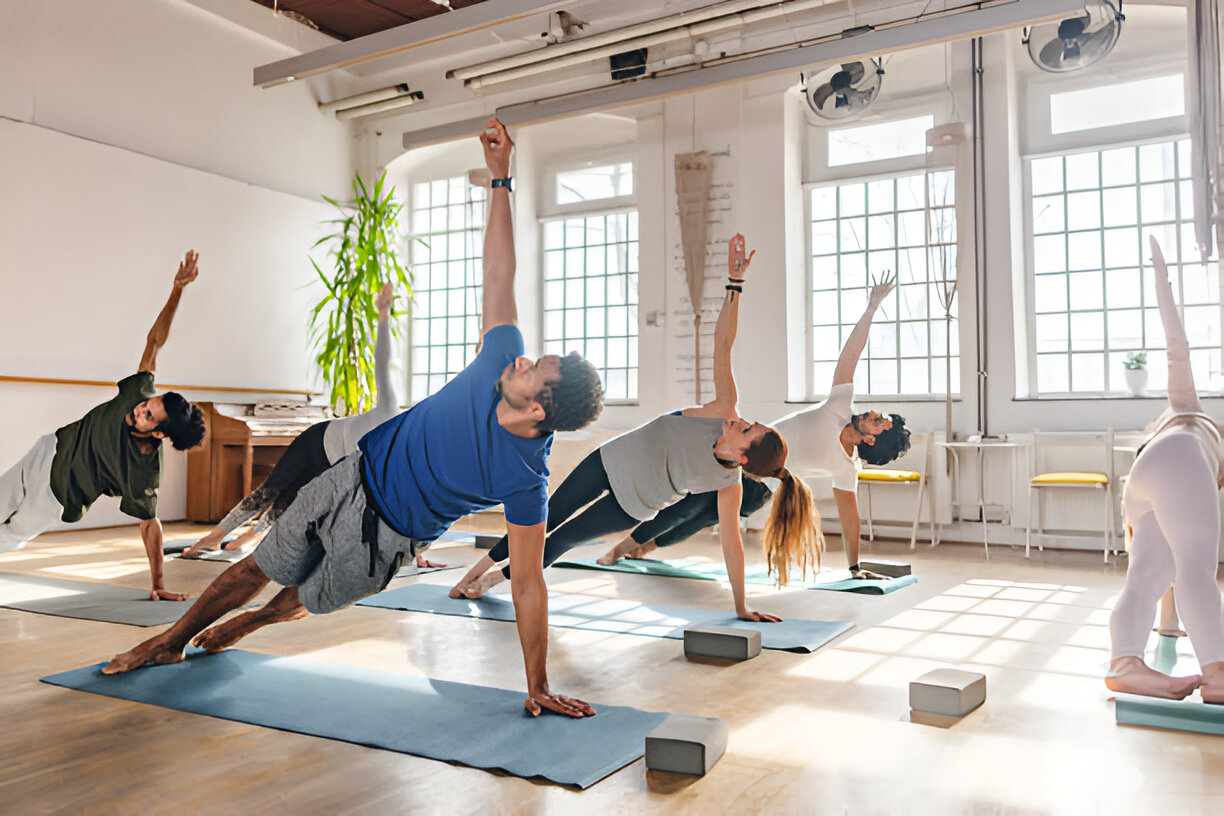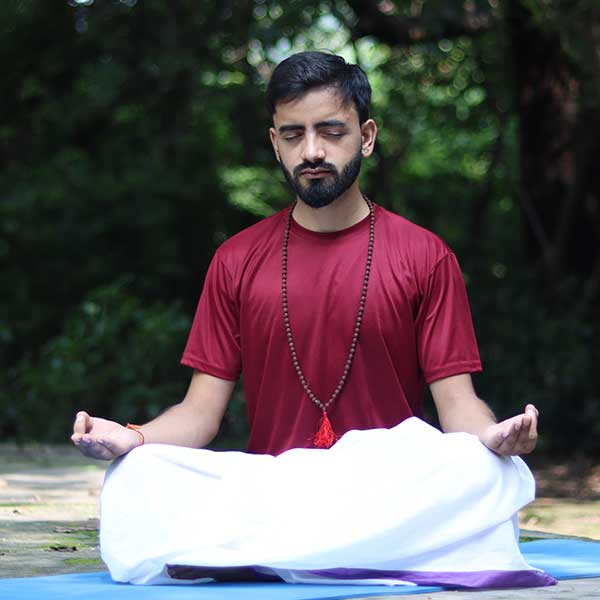
What to Expect at a Yoga Retreat
Introduction
Products like yoga retreats are now highly in demand and are considered by many as a form of therapy, which is true to many extents. Whether you practice yoga regularly or you are just a beginner, attending a yoga retreat helps in improving your practice because, more than that, you get the chance to leave behind the stressful and busy everyday life. Then what does one get to do at a yoga retreat? Let's dive in.
Deciding on the Best Yoga Retreat
Types of Yoga Retreats
There are many kinds of yoga retreats, and all of them are made to satisfy a certain kind of demand. Some are all about asana practice, and others provide gentle practice with the option of adding some yoga and/or meditation and free time. Invest and identify the one that is favorable for your course. Research these two types.
Selecting a Suitable Destination
People go on yoga retreats in different locations, including the sandy shore and beautiful mountains. Think about what kind of ambiance will fit you to ease your mind and concentrate on your practice. Also related to this decision, there are issues such as travel time and travel expenses that you need to consider.
What to Pack
Bring comfortable clothing for yoga, a yoga mat if not available, or any other personal belongings like a toothbrush and a water flask. It is necessary to pack such things as an umbrella, a sunblock, a hat, and a book for leisure time.
Yoga Retreat Programs
Yoga retreat programs are organized in groups and here is the normal timetable of a yoga retreat center.
Morning Sessions
Most retreats begin with a yoga session in the morning. It is a perfect way to jump-start the body and make sure that you are heading for a productive day. Be prepared for stretching, breathing, and some forms of meditation.
Afternoon Workshops
Common schedules for the afternoons include workshops where aspects like the philosophy of yoga, the human body, or complex poses are taught. These sessions are more informative and serve as a knowledge-building session for you.
Evening Activities
Nighttime could involve low-intensity activities such as stretching, tai-sun, yoga, or even a group discussion. It is also a time to relax and reflect on the day's activities.
Yoga Practices and Styles
Hatha Yoga
Hatha yoga usually involves simple poses aimed at instilling appropriate breathing techniques, suitable for beginners or those focusing on their position during practice.
Vinyasa Flow
Intermediate and advanced practitioners may enjoy Vinyasa Flow, a series of postures performed in a smooth sequence with breath control.
Restorative Yoga
Restorative yoga involves long stretches and props to support the muscles and joints, ideal for relaxation and recovery.
Meditation and Mindfulness Sessions
Guided Meditations
Most retreats offer meditation sessions to help guests find inner harmony, decrease stress, and enhance mental clarity.
Mindfulness Practices
Breathing exercises and mindful walking are commonly practiced to enhance awareness of the surroundings throughout the day.
Workshops and Educational Sessions
Anatomy and Alignment
Workshops focusing on body alignment and anatomy help improve your yoga practice and prevent injuries.
Philosophy of Yoga
Sessions exploring the origins and meaning of yoga enhance physical practice by providing deeper understanding.
Nutrition and Diet
Balanced Meals
Healthy, pre-prepared meals including grains, vegetables, and organic, locally-sourced ingredients support yoga practice and overall health.
Why Balanced Diets Should Be Taken
During the retreat, maintaining a balanced diet is crucial for sustaining energy levels and supporting physical and mental well-being.
Connecting with Nature
Outdoor Activities
Most yoga retreats are set in scenic areas, allowing participants to enjoy outdoor activities like walking and swimming, which foster a deeper connection with nature.
Benefits of Nature Immersion
Immersing in nature reduces stress, improves mood, and increases energy, making the retreat experience even more rewarding.
Community and Social Connections
Group Activities
Group activities such as meditation or team-building exercises foster a sense of community and collaboration among retreat participants.
Building Lasting Friendships
Yoga retreats provide an opportunity to build lasting friendships with like-minded individuals who share an interest in yoga and personal growth.
Personal Time and Reflection
Journaling and Self-Reflection
Writing in a journal is encouraged at many retreats, allowing participants to reflect on their experiences and personal growth.
Recreational Activities
Though the schedule may be packed, there is always some time for leisure, sightseeing, or recreational activities to unwind.
Advantages of Going to a Yoga Camp
Physical Benefits
Yoga enhances flexibility and strength, and a retreat allows you to deepen your practice, reaping even more physical benefits.
Mental and Emotional Benefits
Yoga, meditation, and a positive atmosphere at a retreat help participants relieve stress and achieve emotional stability.
Challenges You Might Face
Physical Challenges
Yoga can be physically demanding. Listen to your body and avoid overexertion to prevent injuries.
Emotional and Mental Challenges
Being away from home and in a new environment can be emotionally challenging, but these experiences help build character and self-awareness.
Useful Tips for Maximizing Your Yoga Retreat
Staying Open-Minded
Approach the retreat with an open mind and be willing to try new experiences to make the most of the opportunity.
Embracing the Experience Fully
Immerse yourself in the retreat by participating actively in all practices and interactions for maximum benefit.
Conclusion
Yoga is a great way to connect with the mind, body, and soul. Going on a yoga retreat offers numerous benefits, leaving you feeling recharged and ready to return to daily life with new energy and purpose.






Leave a Comment